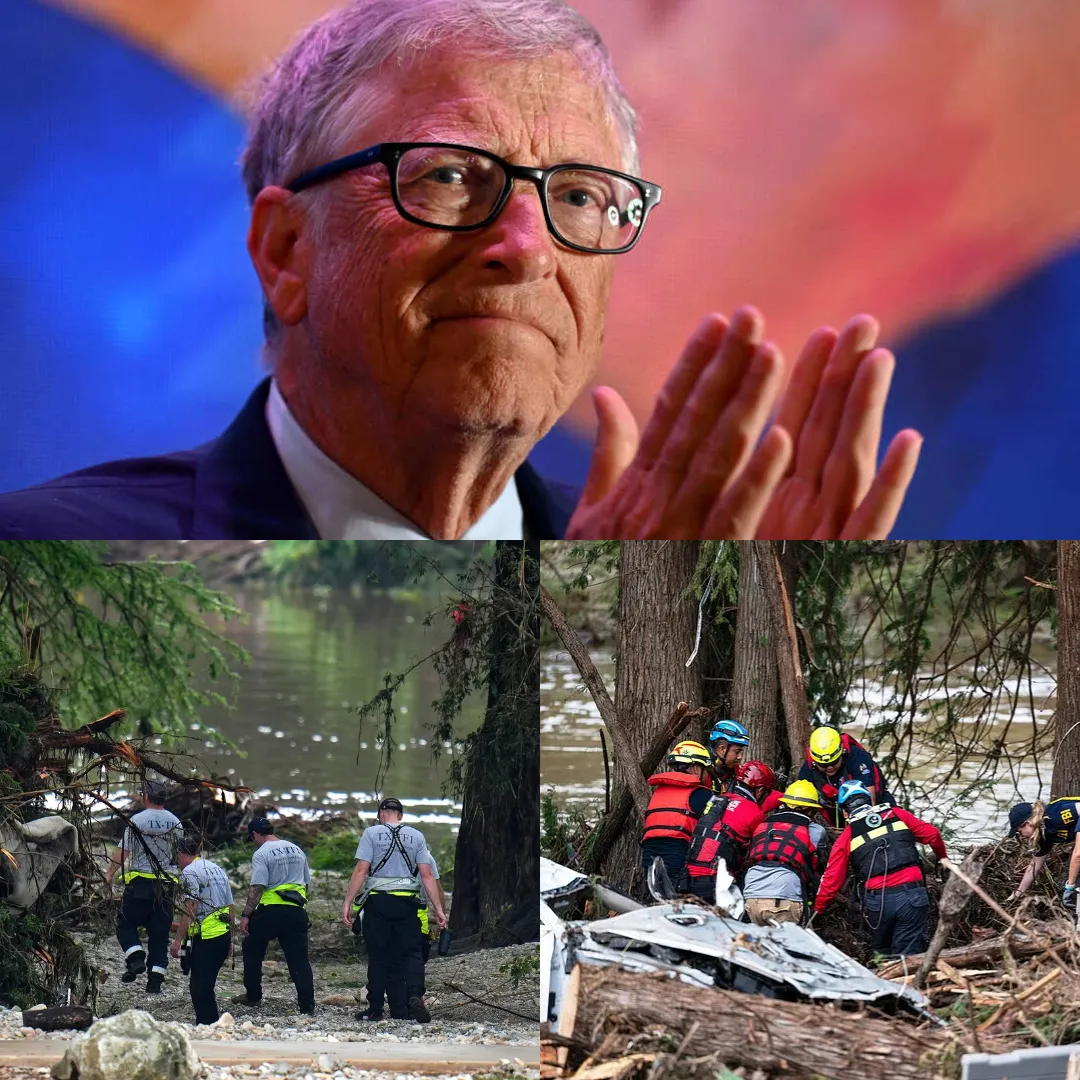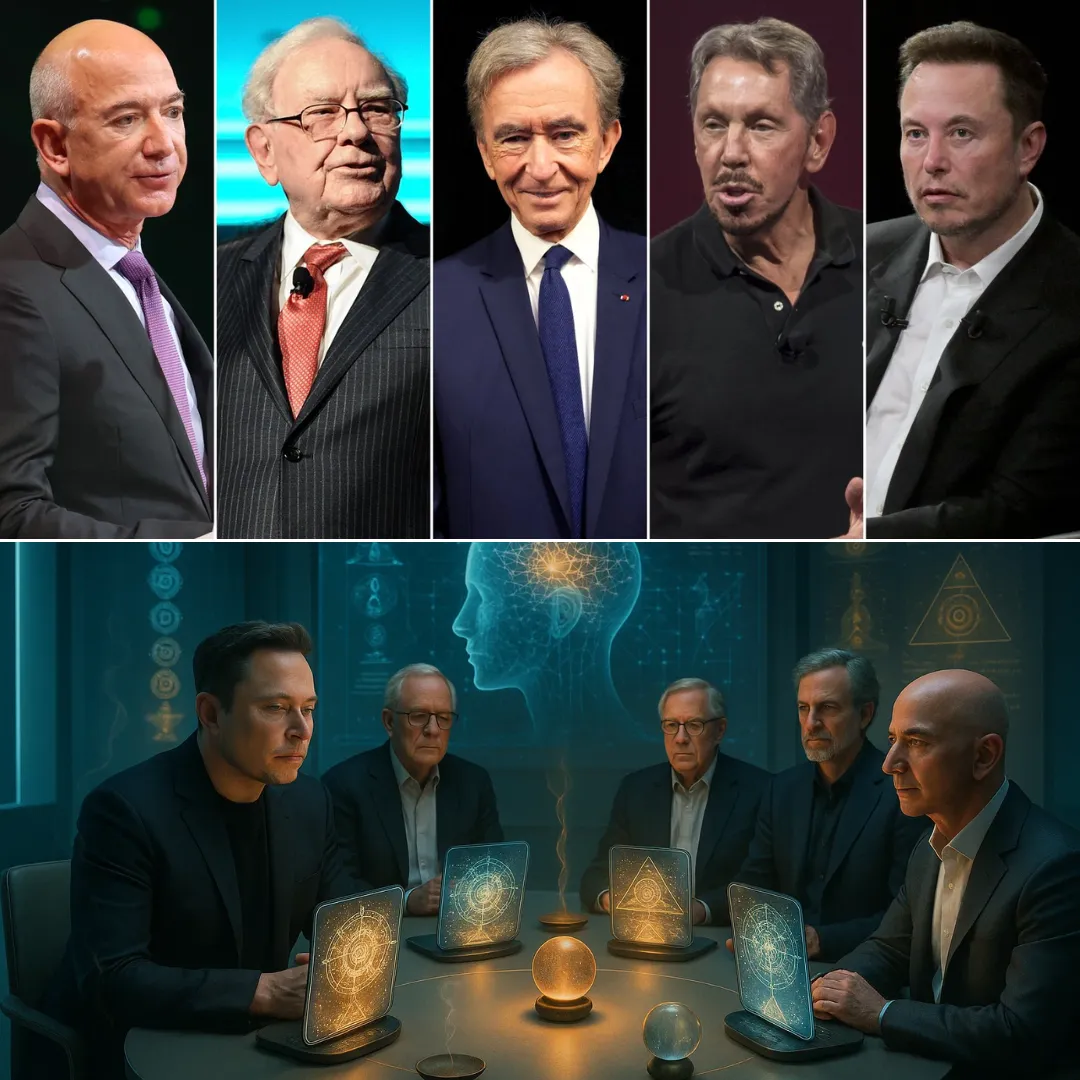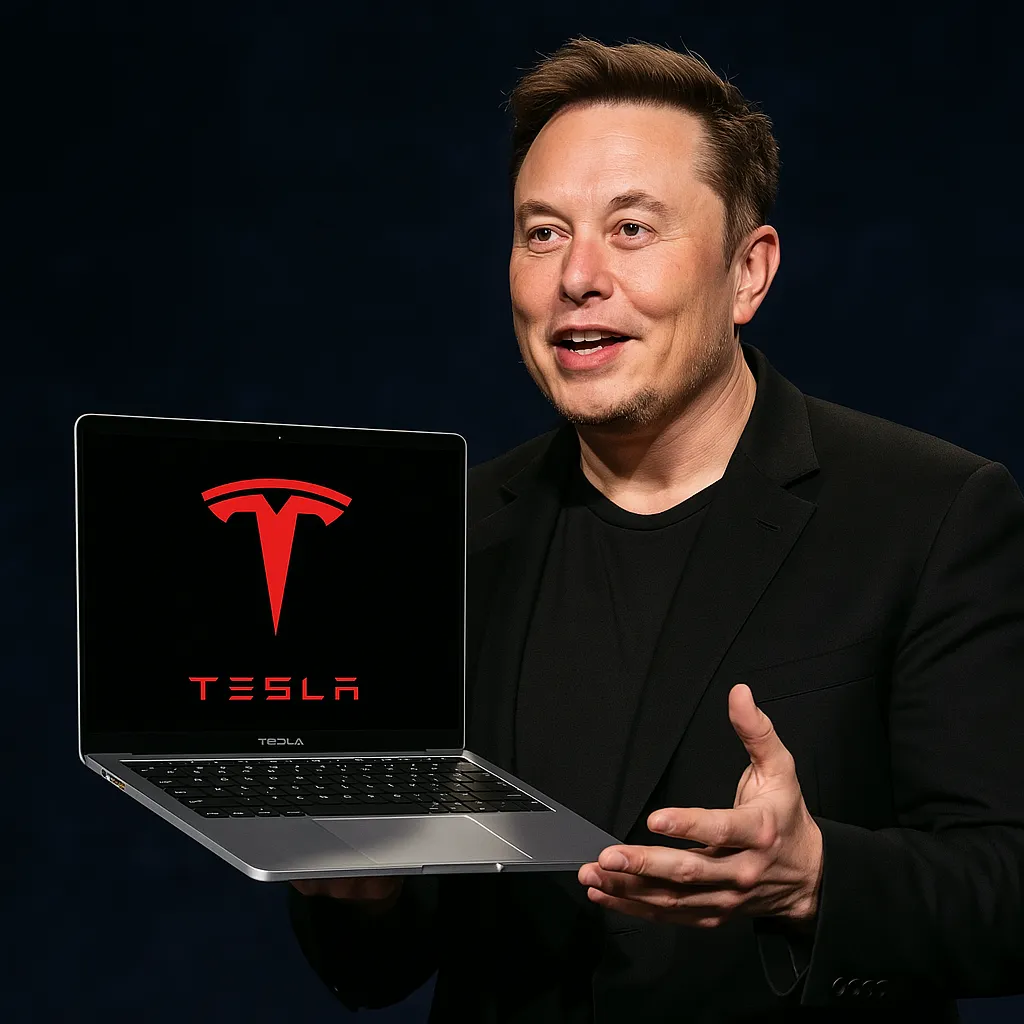
On May 8, Cardinal Robert Francis Prevost made history by becoming the first American pope of the Catholic Church, taking the papal name Leo XIV. His election marks a monumental moment in the history of the Church, signaling not just a change in leadership, but also a shift in the global dynamics of the Vatican.
As the 267th pope, Leo XIV is stepping into a role that requires both spiritual guidance and administrative astuteness, in a world that is rapidly changing. Many are hopeful that his background and leadership style will help heal the rifts within the Church and bridge the divides between the conservative and progressive factions that have grown more pronounced in recent years.
Born in Chicago in 1955, Robert Prevost grew up in a family with deep roots in both Spanish and French-Italian heritage. He was drawn to religious life early on and after completing his undergraduate studies in mathematics at Villanova University, he joined the Augustinian order in 1977.
It was here that he began his journey towards priesthood, being ordained in 1982 after completing his theological studies. His intellectual and spiritual path shaped his ability to lead, and by the time he was appointed bishop, Prevost had already established a reputation for combining academic rigor with a deep commitment to pastoral care.
:max_bytes(150000):strip_icc():focal(999x0:1001x2)/pope-leo-xiv-050825-9-1f856aa9fabd4f97a913fde4974eb4f7.jpg)
Prevost's early career saw him working in various capacities, both in the United States and internationally. After earning his doctorate in canon law in 1987, he returned to Peru, where he spent much of his early ecclesiastical life. As a missionary in Peru, Prevost focused on building relationships with the local communities, fostering unity, and addressing the needs of the marginalized.
His time spent abroad, particularly in the developing world, provided him with a nuanced understanding of the global Church, which has a wide range of cultural, social, and political concerns. During his time in Peru, Prevost became well-known for his humility and commitment to serving others.
He spent over a decade in Trujillo, where he served as the rector of the Augustinian seminary, a role that saw him deeply engaged with both the educational and spiritual formation of young clergy. His leadership in this role helped solidify his reputation as someone capable of both administrative leadership and spiritual guidance, a combination that would later define his papacy.
As his career progressed, Prevost became increasingly involved in Church leadership in the United States. In 1999, he returned to Chicago to become the provincial superior of the Augustinian order, a position in which he worked to strengthen the order’s presence in North America.
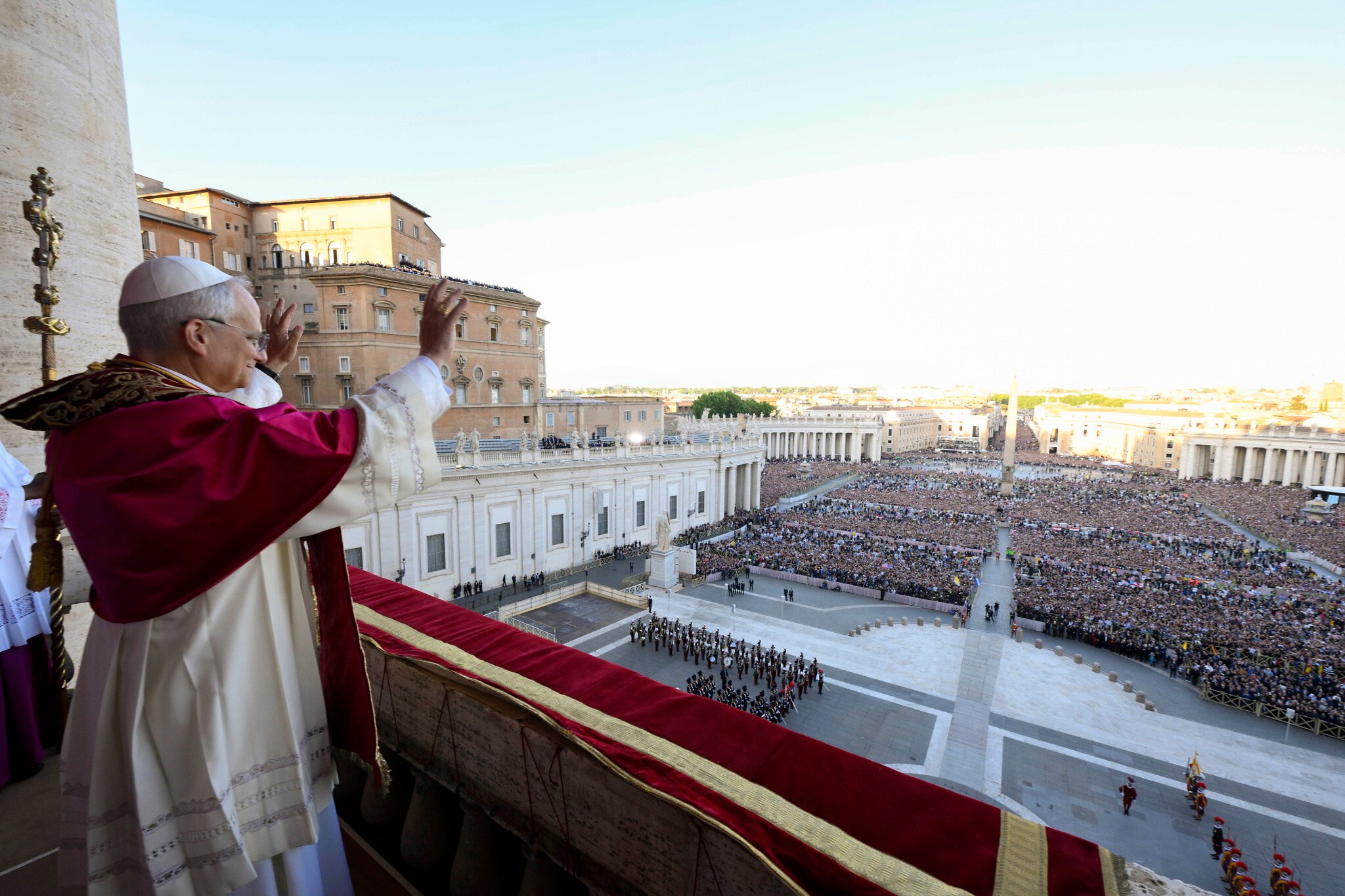
His leadership skills were further honed as he later became the Prior General of the Augustinian order, a position that saw him oversee the order’s activities worldwide. During this time, he traveled extensively, fostering international connections and helping the order grow its presence globally.
In 2014, Prevost’s work caught the attention of Pope Francis, who appointed him as the Bishop of Chiclayo in Peru. During his tenure there, Prevost focused on outreach to rural communities, making frequent visits to areas far removed from the central urban centers.
His efforts to bring the Church to those who were most in need reflected his pastoral nature, emphasizing service over institution. This focus on the needs of the community further endeared him to those who had witnessed his commitment to social justice and helping the less fortunate.
Prevost’s career continued to rise within the Vatican, and in 2020, Pope Francis appointed him to the Congregation for Bishops, one of the most influential offices within the Vatican. In this role, Prevost was responsible for overseeing the appointment of bishops worldwide, a position that placed him at the heart of the Vatican’s decision-making processes regarding the future leadership of the global Church.

His role in the Congregation for Bishops was particularly significant in light of the growing demand for reform within the Church, especially in terms of addressing allegations of sexual abuse and other scandals that had shaken the Church to its core.
In January 2023, Prevost was named the Prefect of the Congregation for Bishops, further elevating his role in the Vatican. As the head of this critical office, he became responsible for shaping the future of the Church’s leadership, ensuring that the bishops appointed worldwide reflected both the Church’s traditional values and its modern needs. His appointment to this position was seen as a clear sign of Pope Francis’ trust in Prevost’s ability to lead the Church through challenging times.
The election of Prevost as pope came as no surprise to many who had followed his career. His leadership style, characterized by a calm demeanor, thoughtful reflection, and a collaborative approach to problem-solving, made him an ideal candidate to succeed Pope Francis.
Prevost’s ability to navigate complex issues, his international experience, and his commitment to social justice all played a role in shaping his election. As pope, he is expected to continue the work of his predecessor, especially in the areas of migration, poverty, and environmental stewardship.
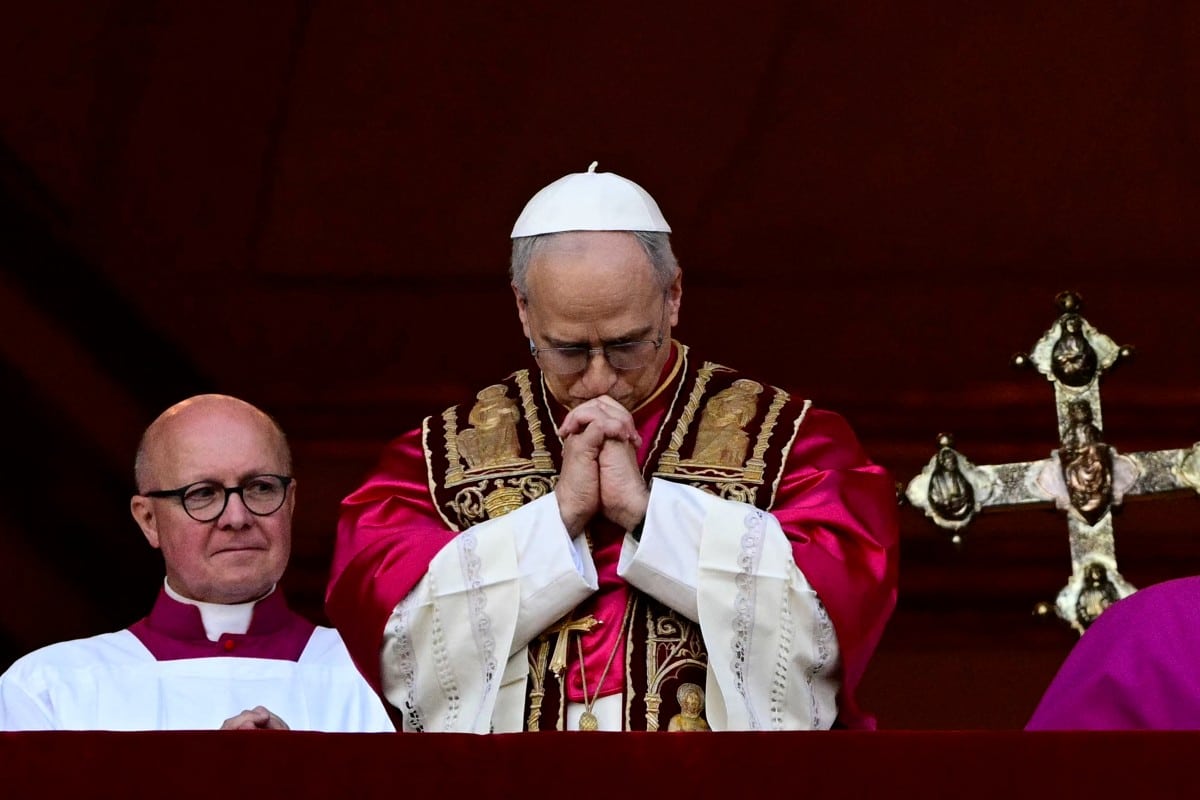
As Pope Leo XIV, he immediately set the tone for his papacy with a message of peace and unity. In his first address from the balcony of St. Peter’s Basilica, he called for the Church to be a place of open dialogue and reconciliation. “We must strive to be a missionary Church, a Church that builds bridges and dialogues, always open as this square, to embrace all who need our charity and presence,” he said, addressing the crowds below.
His words resonated deeply with many, signaling that his papacy would focus on healing the divisions within the Church, both theological and political. Pope Leo XIV’s election also marks a new chapter in the Church’s relationship with the United States. As the first American pope, he brings a unique perspective to the Vatican’s leadership, one that is shaped by the American cultural and political context.
His election is particularly significant in light of the growing secularism in the United States and the increasing challenge the Catholic Church faces in maintaining its influence in the West. Pope Leo XIV’s background, which includes significant experience abroad, may allow him to navigate these challenges with a more global perspective.
One of the key challenges Pope Leo XIV will face is addressing the deep divisions within the Church, especially between conservative and progressive factions. Issues such as the role of women in the Church, LGBTQ+ rights, and the Church’s stance on social justice will continue to be points of contention.
However, many believe that Pope Leo XIV’s balanced approach and his ability to engage with both sides of the debate will allow him to foster dialogue and find common ground. His leadership is expected to be marked by careful diplomacy, with an emphasis on reconciliation and unity.
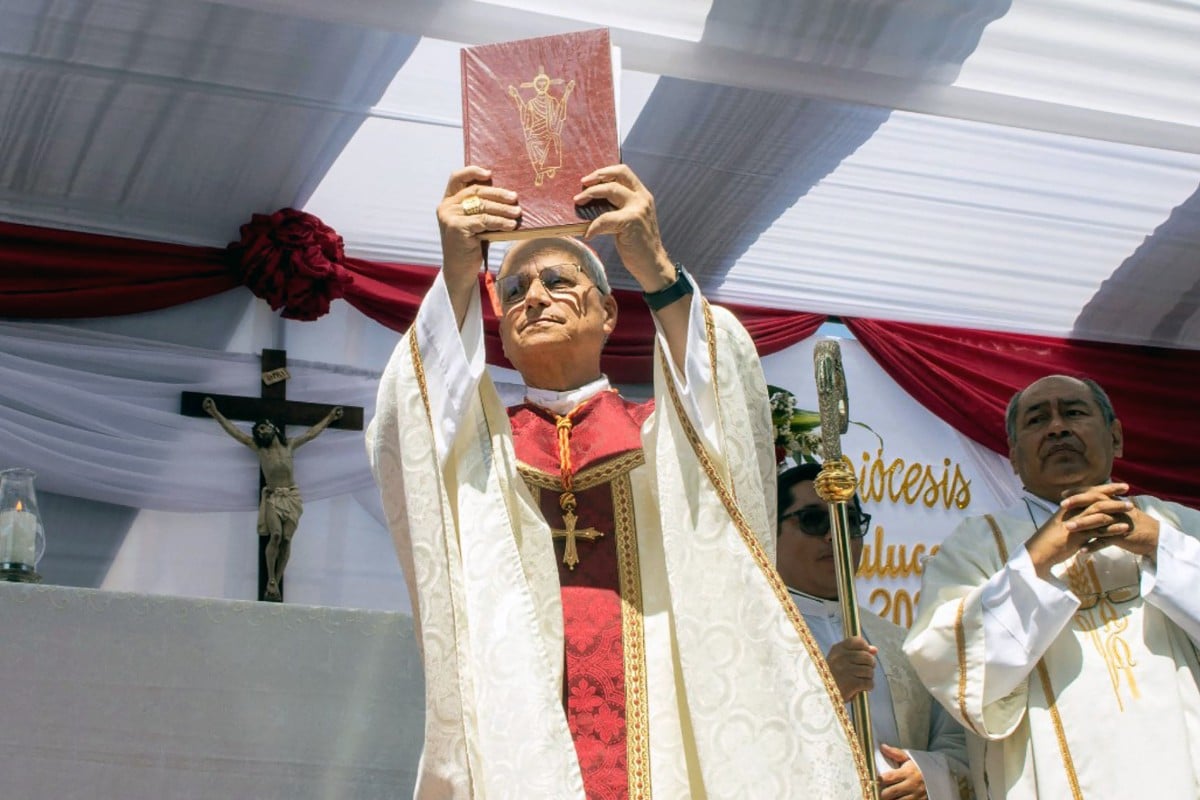
Pope Leo XIV’s papacy also has the potential to reshape the Church’s role in the global political landscape. His background in both North and South America gives him a unique understanding of the diverse needs and concerns of the Church’s followers worldwide. His approach to governance, shaped by years of experience both in the U.S. and in Latin America, will likely influence the way the Church engages with political issues, particularly those related to migration, human rights, and social justice.
In conclusion, Pope Leo XIV’s election marks the beginning of a new era for the Catholic Church. As the first American pope, he brings a unique perspective to the papacy, one shaped by his experiences both in the U.S. and abroad. His leadership is expected to focus on reconciliation, dialogue, and healing the divisions within the Church.
As Pope Leo XIV steps into his new role, the global Catholic community will be watching closely to see how he navigates the complex challenges facing the Church in the 21st century. With his calm demeanor, thoughtful approach, and commitment to social justice, Pope Leo XIV has the potential to lead the Church through one of its most challenging periods and to redefine its role in the modern world.

